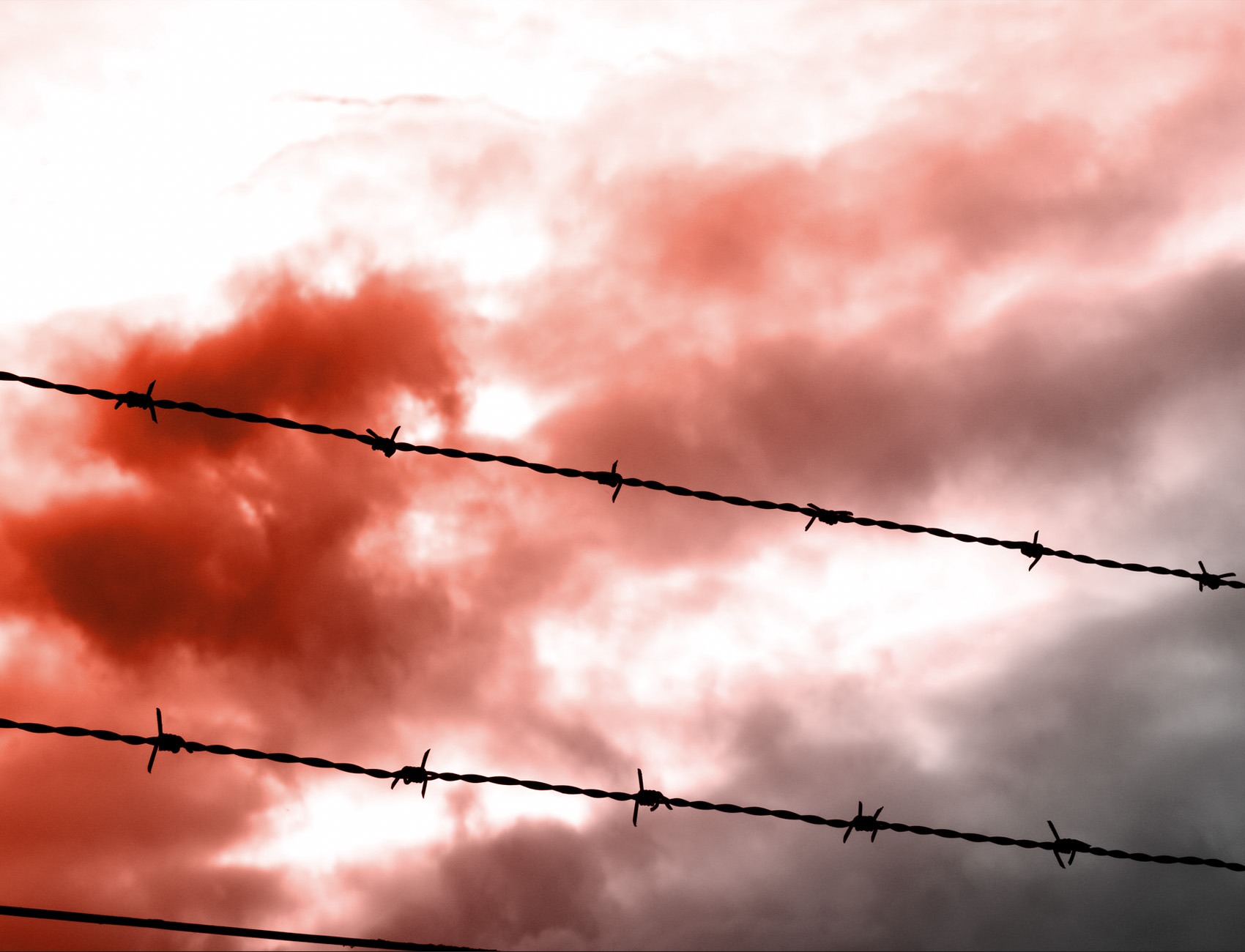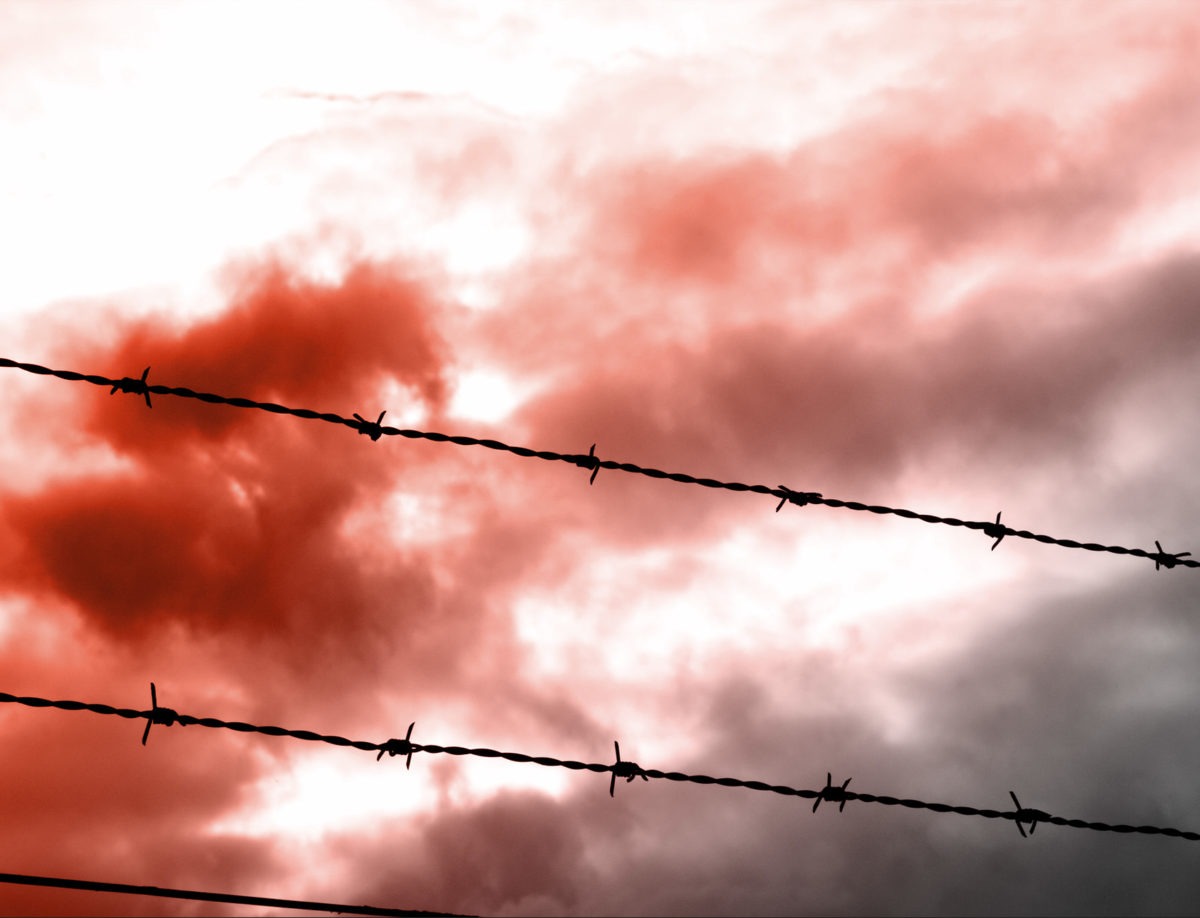Newsletter
Thinking Of Those Who Can’t Be Home For The Holidays
It’s been quite a year for us, to say the least. In May, we unionized. Then our former bosses shut The Appeal down. But we, the workers, resolved to save The Appeal and continue the important work we do covering the criminal legal system. Since then, we succeeded in becoming a worker-led nonprofit newsroom. We […]

It’s been quite a year for us, to say the least. In May, we unionized. Then our former bosses shut The Appeal down. But we, the workers, resolved to save The Appeal and continue the important work we do covering the criminal legal system.
Since then, we succeeded in becoming a worker-led nonprofit newsroom. We took ownership of The Appeal’s intellectual property, including our website, social media, and mailing lists. We launched this weekly newsletter. We published stories from our staff, freelancers, and incarcerated writers covering topics that matter to our readers. And we’ve secured a significant amount of funding through grants and donations, though we still need more to become fully operational.
And all of that happened in the last six months. We’ve all been wearing a lot of hats to get our worker-led newsroom off the ground. Now that we have a moment to catch our breath, we have decided to spend January working on the long-term health of this newsroom. That means defining our editorial vision and ethos, raising more money, completing audits and reports, and much more.
We will be pausing our weekly newsletter during that time. When we resume in February, it is our goal to bring you more varied voices in this newsletter, and to hone in on what you, our readers, truly value. Please tell us what you like, what you don’t like, and what you’d like to see more of or less of when we come back by taking this two-minute survey.
Thank you so much for all of your support. We couldn’t be where we are today without you. In lieu of our usual column, this week we are highlighting some resources to help the many incarcerated people who must spend the holidays separated from their loved ones. We’ll see you in February.
In solidarity,
The Appeal workers

Thinking Of Those Who Can’t Be Home For The Holidays
by Elizabeth Weill-Greenberg, The Appeal
The COVID-19 pandemic has been, and continues to be, brutal for incarcerated people. They have gone without visits, education, therapy groups, and recreation. For those who become ill, they may be shackled on their way to the hospital and throughout their stay, or tossed into a solitary confinement cell.
And even without a global pandemic, the holiday season can be an especially painful time to be separated from loved ones. But there are many ways those on the outside can show solidarity with incarcerated people this season and throughout the year. Here are just a few opportunities we thought our readers might be interested in:
• Survived and Punished advocates for the decriminalization of survivors of domestic and sexual violence. The Survived and Punished Mutual Aid group, a project of Survived and Punished NY, is raising money to provide commissary, packages, and other material support for incarcerated survivors. You can also volunteer to organize a book drive for incarcerated people or sign up to correspond with an incarcerated survivor.
• Write a message to an incarcerated survivor of sexual violence through the organization Just Detention International, which works to end sexual violence in prisons and jails.
• Join the Lifelines to Solitary project and correspond with a person in solitary confinement, or volunteer to take a photo for someone in solitary.
IN THE NEWS
Rogel Aguilera-Mederos was sentenced to 110 years in prison for his involvement in a multi-vehicle accident that killed four people in Jefferson County, Colorado. Aguilera-Mederos was driving a semi-truck when his brakes malfunctioned. “I’m dying,” Aguilera-Mederos said at his sentencing. “It is hard to live with this trauma. I can’t sleep. I’m thinking all [the time] about the victims. This was a terrible accident, I know. I take responsibility. But it was not intentional. I am not a criminal.” More than 4 million people have signed a petition in support of clemency or commutation for Aguilera-Mederos. [Robert Garrison / Denver ABC] The trial prosecutor posted on her Facebook page that her co-counsel had given her Aguilera-Mederos’s failed brake as a gift. [Rory Fleming / Davis Vanguard]
During the first year of the COVID-19 pandemic, the number of incarcerated people in the United States decreased by at least 16 percent — the largest, fastest reduction in prison population in American history — but the proportion of incarcerated Black and Latino people sharply increased in almost every state and the District of Columbia, according to a study that has not yet been peer-reviewed. [Elizabeth Hinton / Twitter]
New York City Mayor-elect (and former police officer) Eric Adams said he will bring back disciplinary solitary confinement for people incarcerated in the city’s jails. “The mayor announced Dec. 31, he’s going to empty out punitive segregation,” Mr. Adams said. “They better enjoy that one-day reprieve. Because Jan. 1, they are going back into segregation if they committed a violent act. That is unacceptable.” Solitary confinement, isolation in a cell for up to 24 hours, can lead to suicide, self-harm, and psychosis. [Reuven Blau / The City]
Mayor-elect Adams also announced that he’ll replace current New York City Department of Correction commissioner Vincent Schiraldi with Louis Molina, a former NYPD officer. Schiraldi has been an outspoken supporter of criminal justice reforms, including parole reform. [Nicholas Fandos and Jonah E. Bromwich / New York Times]
Chicago’s City Council approved a $2.9 million settlement for Anjanette Young. In 2019, police officers used a battering ram to enter her home, then handcuffed her and forced her to stand naked for several minutes. The officers were looking for someone who had lived there four years earlier. Council members have proposed the Anjanette Young Ordinance, which would institute a number of police reforms, including a ban on no-knock warrants and a requirement that police officers wait at least 30 seconds before entering a home. [Justin Laurence / Block Club Chicago]
The Los Angeles Police Department used social media monitoring software from Edge NPD to surveil Black Lives Matter and “defund the police” tweets, according to internal police documents. Edge NPD proposed that the police department monitor “LA riots,” “police violence,” “BLM protests,” and the “Proud Boys.” “The LAPD itself is being targeted by organized attacks of automated bots and trolls (e.g. police brutality misinformation and “defund the police” narratives),” reads the group’s proposal. [Sam Levin and Johana Bhuiyan / The Guardian]
Contact us at newsletter@theappeal.org so we can feature your work here.
That’s all for now. Feel free to leave us some feedback, and if you want to support our official relaunch, please donate here. Until next time, the work continues.
